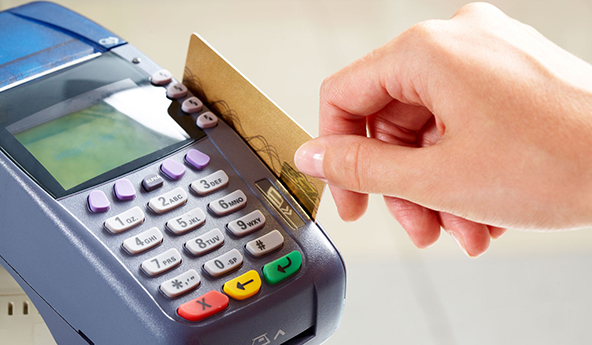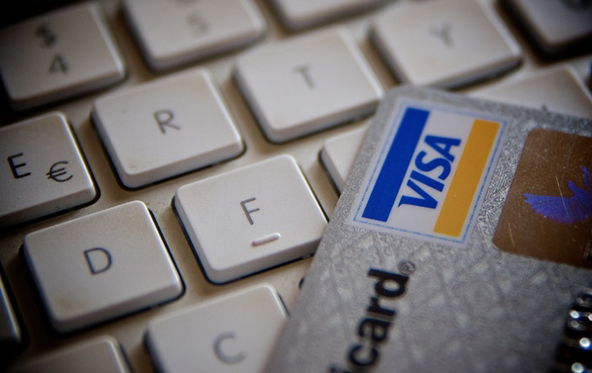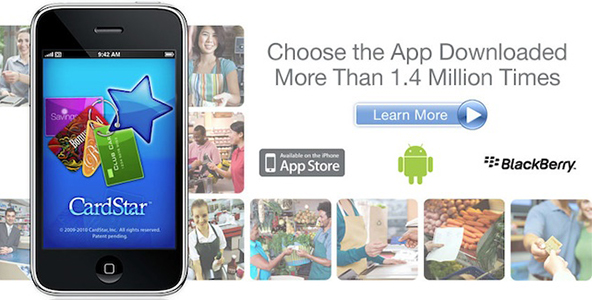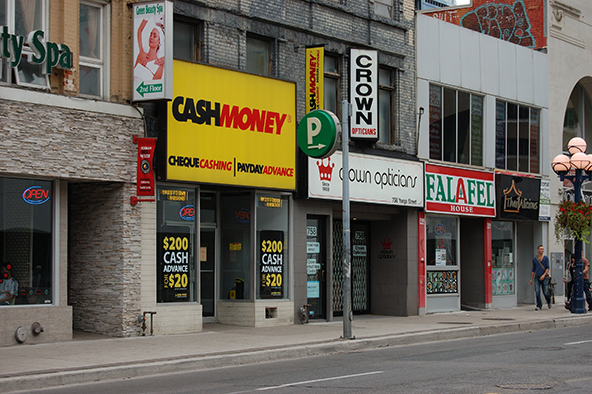How to Manage Chargebacks Resulting from Processing Transactions for which Authorization was Declined

Both Visa and MasterCard use special reason codes to designate chargebacks that result from processing credit card transactions for which authorization was declined. Visa uses Reason Code 71, while MasterCard can designate such chargebacks with Reason Code 4808 or 4847.
MasterCard’s Codes can point to slightly different chargeback reasons and we will review them in a separate article. Visa’s Reason Code 71 can be confused with Reason Code 83, as in both a chargeback results from a failure to obtain an authorization approval. The difference is that, while a Code 83 designates a chargeback where an authorization request was not submitted, a Code 71 results from processing a transaction for which authorization was declined.
What causes these chargebacks? Card issuers use code 71 when merchants ignore a declined authorization and attempt one of the following actions:
- Forced posting. After an authorization request was declined, the merchant key-enters (forces) the transaction through without making another authorization request.
- Multiple authorization attempts. After an authorization was declined, the merchant swipes the card over and over until the transaction is authorized. Such authorizations might occur if the card issuer’s authorization system times out or becomes unavailable.
- Split transaction. A merchant may try to circumvent the system by splitting the amount when a transaction for a certain amount is declined. Then the merchant submits each transaction separately.
- Alternative authorization methods. Alternative authorization methods include making a voice authorization request and receiving an approval.
How to manage such chargebacks? Your response to Reason Code 71 chargebacks will depend on the particular transaction circumstances and the actions you have taken (or not) so far:
- Transaction was authorized. If you have obtained an authorization approval code, inform your processing bank of the transaction date and amount.
- First authorization attempt was declined. If your first authorization attempt was declined, there is no remedy and you should accept the chargeback. Multiple authorization attempts may not be accepted as a proof that authorization was obtained. Do not process a credit at this time, as the chargeback has already performed this function.
Most processors have the capabilities to verify whether or not an authorization request was approved and, if this is the case, these chargebacks will be rejected as invalid and merchants will never see them.
How to prevent chargeback Reason Code 71? The following card acceptance practices will help prevent this type of chargebacks:
- Always obtain authorization. You should always obtain authorization for transactions that exceed your floor limit and technology has made this easier. Today authorization requests are sent out automatically by most POS terminals and, if approved, a sales receipt is printed out. If authorization is declined, a sales receipt is not printed. Floor limits are typically specified in merchant processing agreements.
- Card reader is down or the card’s magnetic stripe is damaged. In cases where the magnetic stripe cannot be read, either because of an issue with the terminal or with the card itself, you should call your processor’s voice authorization center. If an approval is obtained, write the approval code on the sales receipt and make an imprint of the card on the receipt as well.
- Never accept a declined transaction. If authorization is declined, do not accept the transaction and ask the cardholder for an alternative payment method. If you try to circumvent the authorization system, you will probably lose your re-presentment rights.
Most importantly, your entire sales staff should be trained to immediately stop a transaction, if authorization is declined. Instead of pushing this particular card payment through, they should ask for another card or other form of payment.
Image credit: Planobe.com.


